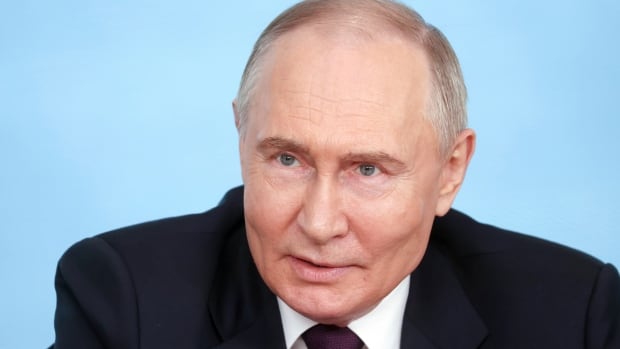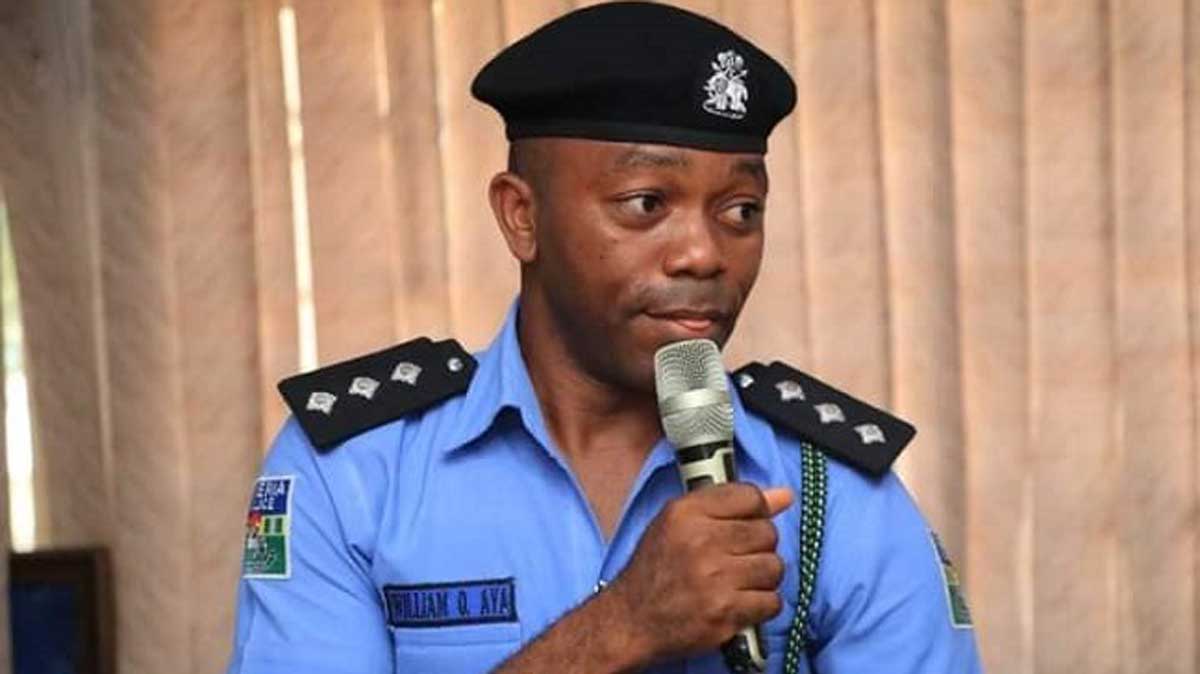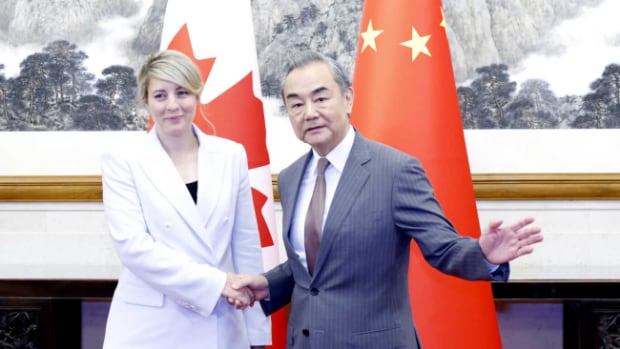Russian President Vladimir Putin has publicly conveyed Moscow’s anger over Ukraine getting approval from some NATO allies to use Western weapons more freely to defend its borders and even to attack selected targets inside Russia.
Yet analysts say that doesn’t mean the Russian state will follow through on a threat to potentially arm other nations or actors in a parallel manner, as Putin intimated is a possibility during a rare conversation with international journalists this week.
“The Russians are in a very foul frame of mind and it may distort their judgment in lots of dangerous ways, but frankly it’s hard for me to imagine more awful things that they could be doing than what they’re already doing, day in and day out, to their alleged kinsmen in Ukraine,” said Stephen Sestanovich, who served as the U.S. ambassador at large to the former Soviet Union from 1997 to 2001, via email.
The U.S. has lifted restrictions on Ukraine’s use of its weapons to hit targets within Russia itself after Russia advanced toward Kharkiv by staging attacks from its territory with impunity.
Russia has long objected to the Western weapons that have flowed to Ukraine over the course of the all-out war, now in its third year.
But some of Kyiv’s allies have grown more willing to support seeing these weapons wielded beyond the border amid a recent Russian offensive on Ukraine’s Kharkiv region that increased the pressure to give Kyiv a freer hand to operate.
“There is not any rational, pragmatic reason not to allow Ukraine to use those weapons against Russia in a way that is the most efficient,” Latvian President Edgars Rinkēvičs told CNN recently, arguing that any fears over escalation were moot, given what Russia is already doing in Ukraine.
In recent days, both Germany and the U.S. joined the list of allies who approve of Kyiv having more flexibility to use its Western-provided firepower to deal with the threats it faces from Russia — at least in defending Kharkiv, a border region home to Ukraine’s second-largest city.
Other allies have expressed more forceful views on letting Ukraine operate beyond the border.
‘We will think about it’
Amid these developments, Putin has said Russia — for reasons of retaliation — could put long-range weapons in the hands of others who could be in a position to hit Western targets.

“If they consider it possible to deliver such weapons to the combat zone to launch strikes on our territory and create problems for us, why don’t we have the right to supply weapons of the same type to some regions of the world, where they can be used to launch strikes on sensitive facilities of the countries that do it to Russia?” Putin said Wednesday, while meeting with a group of international journalists on the sidelines of an economic forum in St. Petersburg, Russia.
“We will think about it.”
Sestanovich pointed out that Putin is not the only Russian official who has come out swinging on the weapons issue.
“The threat to supply other countries with arms that might hurt Americans is an interesting replacement for the threats of nuclear escalation that have been the usual Russian line for a while,” said Sestanovich, who was unclear what form that could take.
Sestanovich suspects that behind the scenes, Russian officials “have probably been quite astonished” by limits that Western nations have put on the weapons they sent to Ukraine.
It’s possible these officials “started to feel entitled to that restraint,” he said.
The nuclear sabre-rattling continued in St. Petersburg, however, with Putin reaffirming Russia’s willingness to use such such weapons if facing a threat to its sovereignty.
Dani Nedal, a University of Toronto assistant professor of political science, noted Putin’s “vague” comments in St. Petersburg lacked detail on where specifically such long-range weapons could be sent.
He noted that Russian contacts such as China, Iran and North Korea have missile programs in operation and don’t have need for supplies from elsewhere.
“It’s not to be taken entirely as a bluff,” said Nedal, who nonetheless believes it amounts to more of a warning from Putin, rather than a threat.
There are those who see greater menace in Putin’s words, however.

Oleg Ignatov, senior Russia analyst for the International Crisis Group, a non-governmental organization, sees a shift in the rhetoric from Moscow.
“Moscow used to say that it would simply destroy Western weapons if they were sent to Ukraine,” he said in an email.
“Now Putin is saying that Russia will retaliate against the Western countries themselves. This is a significant change. It shows that the war in Ukraine is on the escalation path at the moment.”
Messaging and meaning
Nedal said it would be instructive to watch Russian officials’ messaging in the days to come.
On Thursday, Dmitry Peskov, a spokesperson for the Russian president, told a state broadcaster he believed the warning from Putin had been heard and was being studied in the West.
“They need to reckon with us and our position,” he said.
In an earlier conversation with reporters, Peskov declined to say where Moscow could send such weapons.
U.S. President Joe Biden has since provided messaging of his own on the matter on Thursday.

In an interview with ABC News, Biden underlined the fact that Washington is backing the use of these weapons for a limited purpose — to help Ukraine quash Russian attacks on Kharkiv.
“We’re not talking about giving them weapons to strike Moscow, to strike the Kremlin,” Biden said. “Just across the border where they’re receiving significant fire from conventional weapons used by the Russians to go into Ukraine to kill Ukrainians.”
Russia’s invasion of its neighbour has upended life in Ukraine for nearly 28 months, caused thousands of civilian deaths and destroyed a staggering amount of buildings and infrastructure.
But Ukraine has imposed hefty losses on Russia, with Pentagon officials stating earlier this year that Moscow had seen some 315,000 soldiers killed or wounded in the conflict.
When speaking to journalists, Putin would not state the extent of Russia’s military losses — though he claimed Ukraine’s casualties are five times that of Russia.





